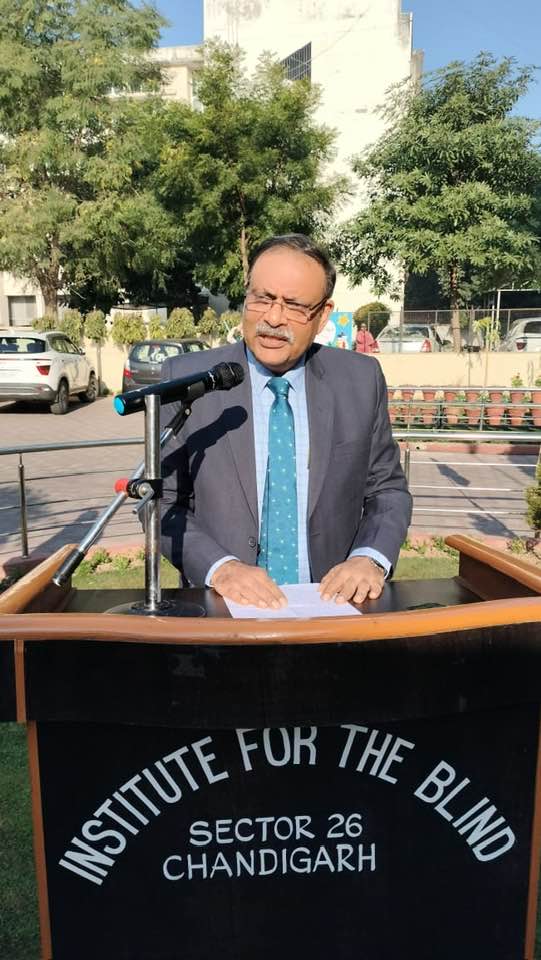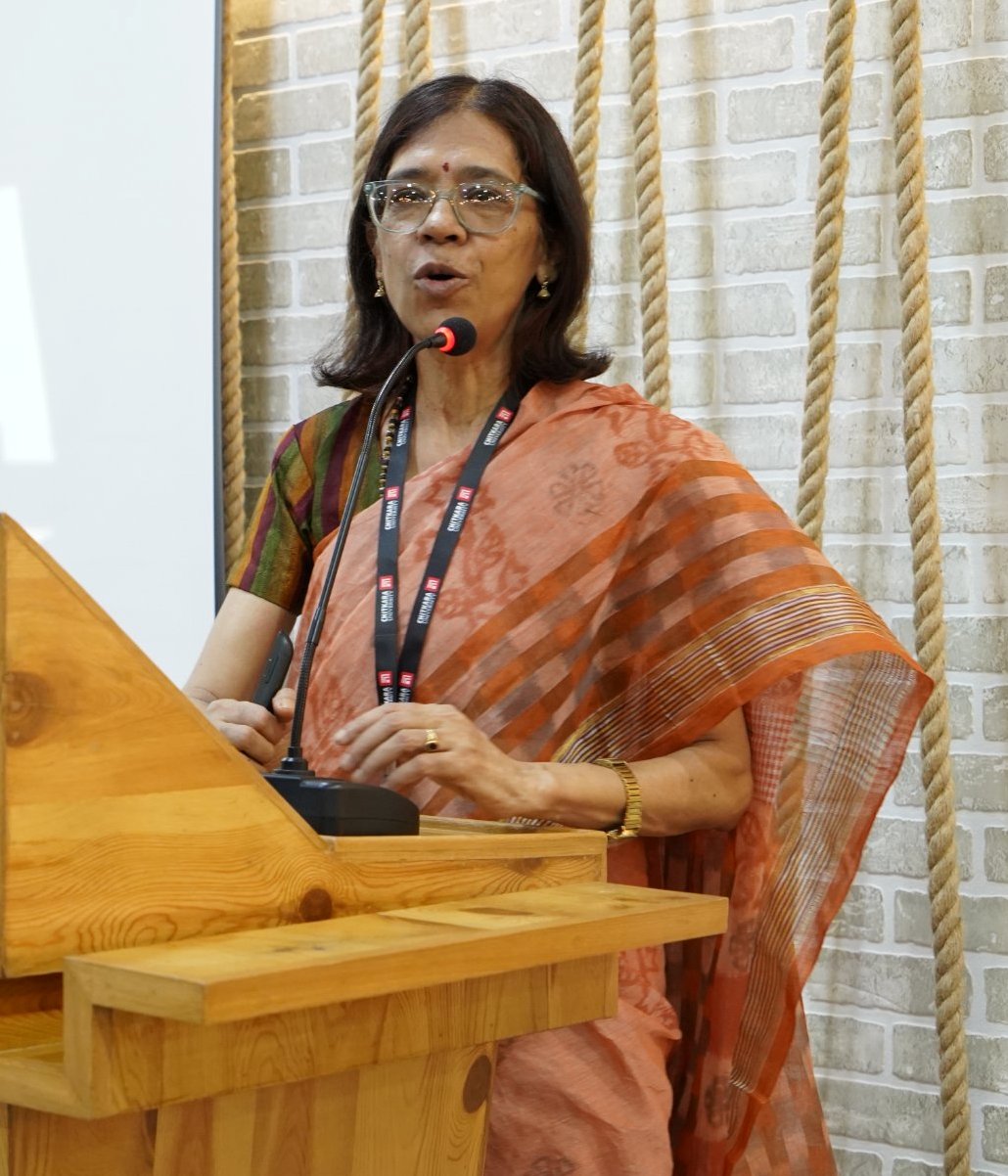By Dr.Ramkumar K R Professor, Chitkara University
Prosopis juliflora is an aggressive invasive species that depletes groundwater tables, significantly disrupting biodiversity. This plant is a major contributor to water scarcity and is spreading at an alarming rate. Unfortunately, there are no clear guidelines or procedures for systematically removing these plants. However, a team led by Dr. Ramkumar K R, Professor at Chitkara University, has developed a scientific approach for their eradication in an economically viable way. First, the team removes the plants and converts their biomass into valuable products such as activated carbon, lignin, and ethanol from the wood. Next, they recommend planting eco-friendly species like Karanja, Nerium flower, Aloe Vera, and Bermuda grass in specific proportions. This method not only restores the fertility of agricultural lands but also helps address water scarcity. In particular, the activated carbon produced can be used for water purification, providing access to clean drinking water for underserved communities.
Dr. Ramkumar K R and his team have finalized the methods for producing activated carbon, lignin, and ethanol through the eradication of Prosopis juliflora. They are now seeking government support to implement this solution on a larger scale, aiming to address the issue in the most profitable and sustainable way.
The Karanja tree is a valuable resource, as its pods can be used to produce biodiesel, while its leaves offer numerous medicinal benefits. These drought-resistant trees are not only resilient but also play a crucial role in restoring soil fertility. This transition represents a multifaceted approach to addressing environmental challenges, water scarcity, and fostering economic growth for Indian farmers. By promoting the growth of such beneficial plants, we can enhance sustainability, improve agricultural productivity, and create new opportunities for rural communities.



